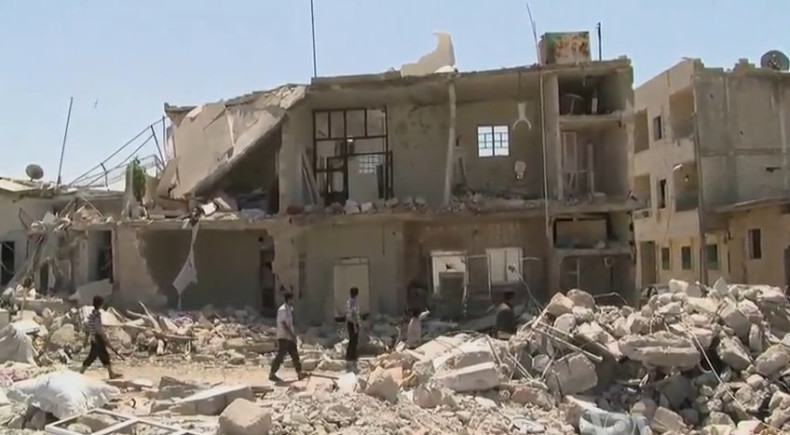How Daesh uses taxes and extortion to fund itself

The Financial Times has run a great piece on where Daesh’s funding comes from. As with the excellent Planet Money podcast on the same topic, it highlights how much of the money comes from taxes and extortion in the territory it occupies:
An FT investigation indicates Isis earns at least as much from taxation, extortion and confiscation as oil…
Isis reaches into nearly every aspect of the economy in its territory, bringing in hundreds of millions of dollars a year. After months of interviews with officials, analysts and people on ground, the FT has discovered money from trade, agriculture, and remittances — even salaries paid by the governments that are fighting it — all flowing into the jihadis’ coffers…
As long as traders supply goods, farmers plough fields and relatives send remittances into Isis territory, the jihadi organisation will find ways to profit.
This is a matter of more than just interesting detail, because it shows how much Daesh’s success depends on occupying territory.
Trying to crack down on its oil revenue has sometimes been touted as if it is a neat, clean and effective way of taking action. The argument goes that no military action would be needed if only there was the political will by governments to end the oil trade, and so on.
However, that misses three key points. First, even if Daesh was 100% dependent on oil revenues, this is not a clear and tidy route which leaves ordinary Syrians safe. Not only do civilians work in the oil industry, much of the oil revenue comes from sales within Syria (including, bizarrely to the Assad regime) which end up providing fuel to ordinary Syrians. Cutting back on the oil trade within Syria will hurt Daesh, but at the same time it will hurt many innocent civilians too – because as the price of oil goes up in the face of shortages, you can be pretty sure who will lose out in the market.
That’s the classic cost of economic sanctions. Sometimes it is worth it (and I’m often a supporter of economic sanctions), but it is naïve to view them as simply punishing the bad guys without causing hardship for the innocent.
Second, as both the pieces linked to above show, even with no oil trade, Daesh has a large income stream from within the areas it occupies. Tackling its oil exports will still leave much more to be done.
Third, one of the areas in which military intervention is most effective is when groups such as Daesh move from insurgency to more traditional occupation of territory. In Daesh’s case simply pushing it back into being an insurgency rather than an occupying power would have a huge impact, not only for the civilians freed from its rule but also for cutting its sources of funding that are heavily dependent on occupation.
Hence the real lesson from where and how Daesh gets its money is one that is supportive of military action rather than one which paints an alternative to it.
Leave a Reply